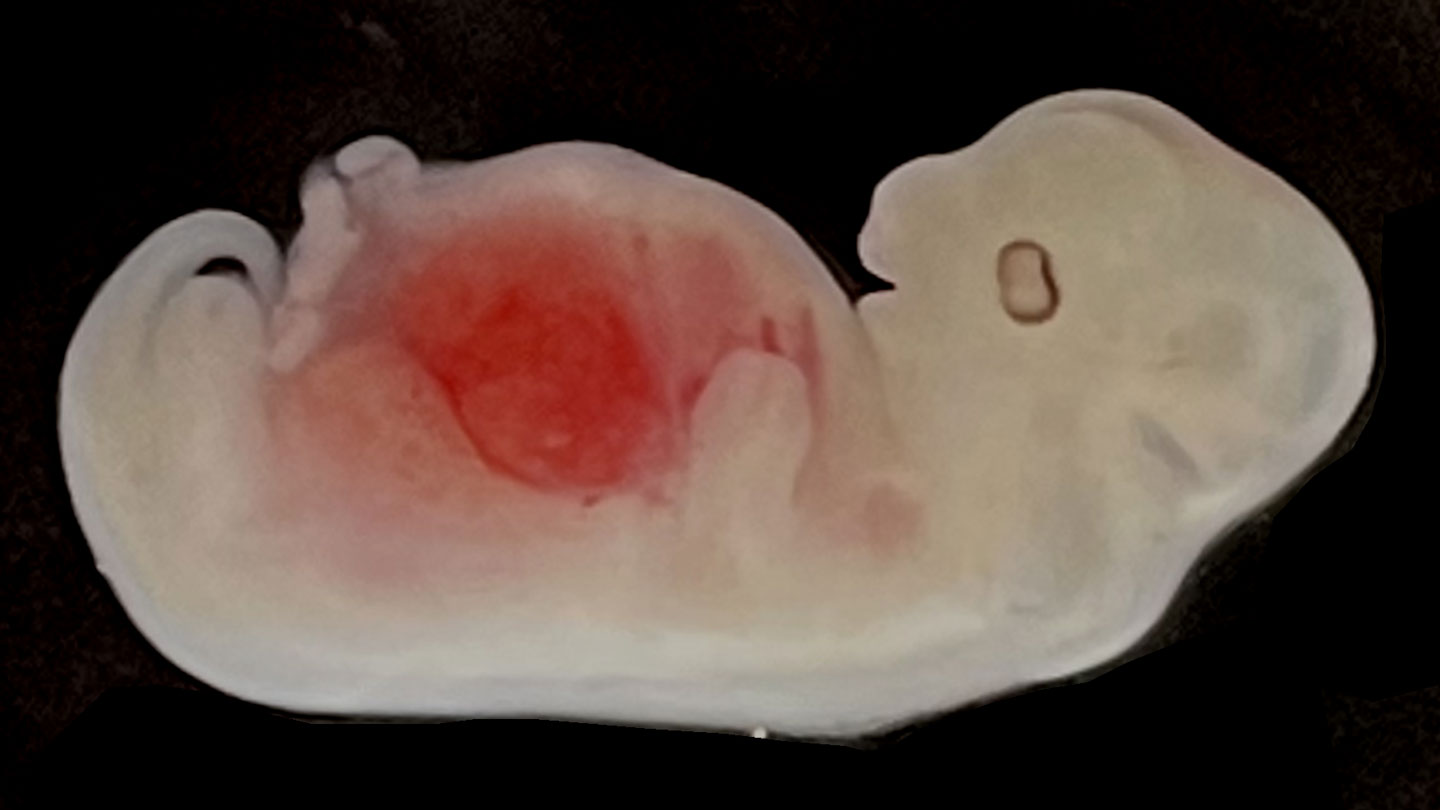Scientists have achieved a significant milestone in the field of human-animal chimerism by successfully growing kidneys made mostly of human cells inside pig embryos. This development brings researchers closer to generating viable human organs for transplantation. Tao Tan, a cell biologist at the Kunming University of Science and Technology in China, who previously contributed to the creation of the first chimeric human-monkey embryo in 2021, commented on the progress.
In the United States, there are over 100,000 individuals on the organ transplant waiting list, with the majority in need of a kidney transplant. To address this demand for life-saving organ transplants, scientists have been exploring new methods to grow organs and tissues in animals. Recent advancements include growing rat organs in mice and vice versa, as well as humanized skeletal muscle and endothelial tissue in pigs. However, significant challenges remain, primarily due to the difficulty of human cells thriving inside a foreign host. Human induced pluripotent stem cells (iPSCs), which serve as a “starter kit” for growing various types of human tissue, often fail to survive when introduced into animals due to differences in physiological needs between species.
2023-09-07 10:00:00
Post from www.sciencenews.org
